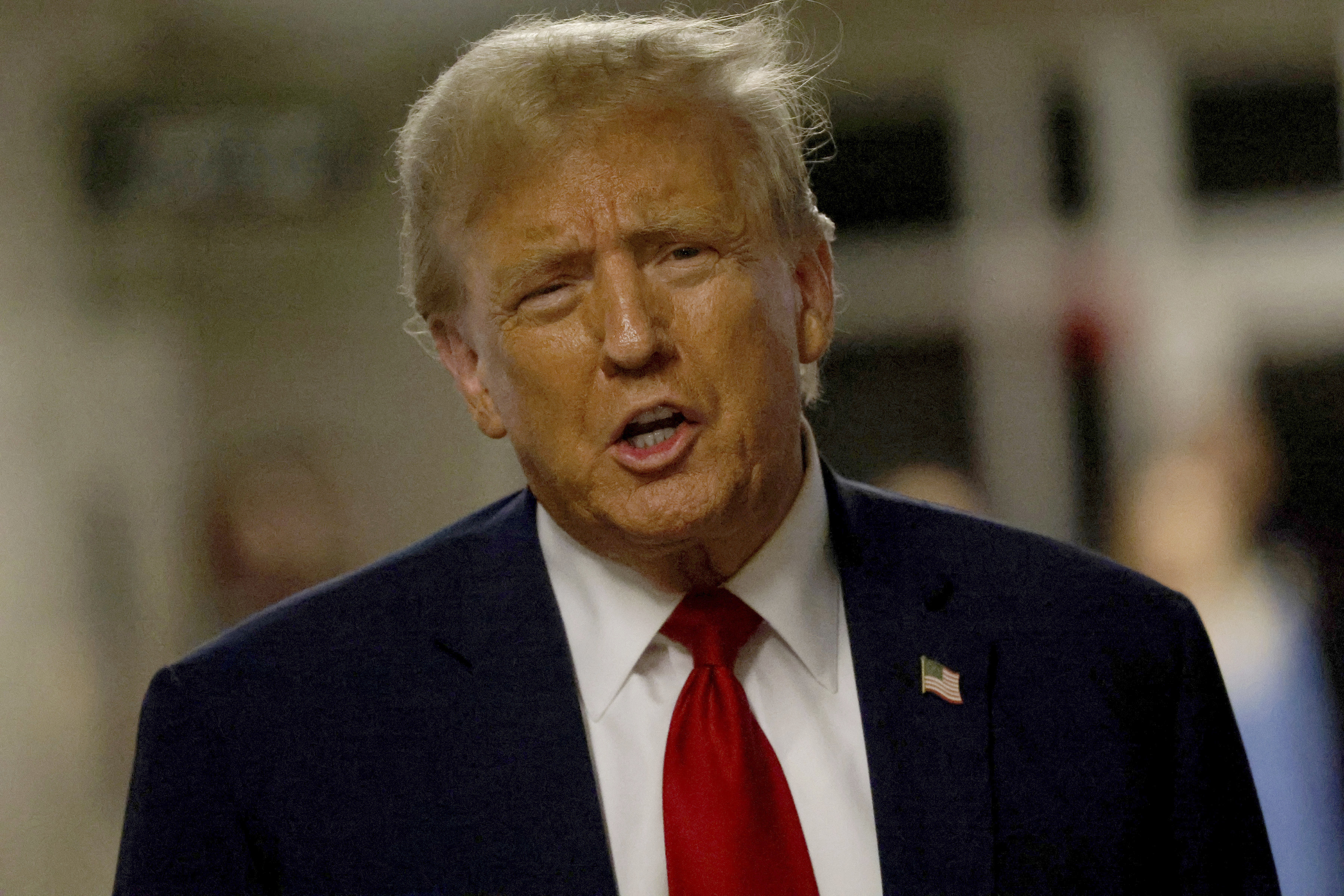Tunisians are casting ballots in their North African country's second democratic presidential election, choosing among 26 candidates for a leader who can safeguard its young democracy and tackle its unemployment, corruption and economic despair.
The voting followed a noisy but brief campaign — 12 days — marked by backbiting and charges of corruption among the contenders. All vowed to boost the country's flagging economy and protect it from further deadly attacks by Islamist extremists.
Tunisia is in many ways an exception in the Arab world, with its budding democracy lurching forward despite a flagging economy and a battle with Islamist extremists. Some 6,000 Tunisian and international observers, including from the EU and the United States, are present for the vote.
More than 100,000 security forces were on guard Sunday — 70,000 police and 32,000 troops — as 7 million registered voters were called to the polls. Military surveillance was especially tight in border regions near Algeria and Libya where Islamist extremists are active. For security reasons, four areas were closing polls two hours ahead of the 6 p.m. closure elsewhere.
There was no clear favorite, suggesting that Sunday's vote, which includes two female candidates, will only be the first round of the presidential election.
The plethora of contenders includes a jailed media magnate, Nabil Karoui, who was arrested last month in a money laundering and tax evasion probe but led polls ahead of the vote. He was allowed to remain in the race because he has not been convicted.
Also getting attention was Prime Minister Youssef Chahed, 44, who boasts of "saving the country from bankruptcy" during his three years as head of government, with economic indicators showing signs of improvement. Another candidate being watched is the vice president of the moderate Islamist party Ennahdha, Abdelfattah Mourou, 71. A reluctant contender, he was pushed into running to profit from the large base of his party, which ran the government from 2011-2014 and is the largest single force in parliament.
U.S. & World
After casting his ballot Sunday, he called on citizens to do their civic duty and vote.
"Do not forget this duty and do not forget this right," Mourou said. "We want the people to become the final decision-makers and for everyone to understand that power is in the hands of the people."
Chahed, the prime minister, echoed that message, saying that "Tunisia is living a great day, allowing voters to decide their future themselves."
Two candidates pulled out in favor of the man who served as Chahed's defense minister, Abdeldrim Zbidi, another favorite, but it was too late to pull their names from the ballot.
Preliminary results are expected Monday or Tuesday. However, Farouk Bouaskar, a member of the electoral body overseeing voting, did not exclude the possibility of preliminary results Sunday night. He spoke on the private radio station Mosaique FM.
If no candidate wins more than 50% of Sunday's vote, the presidential election goes to a second round that must be held no later than Nov. 3. The date of the runoff will be announced once the final first-round results are declared.
Tunisia is also holding its parliamentary election on Oct. 6, adding another challenge since the new president's success will depend on having support in parliament.
Sunday's first-round vote is only the second democratic presidential election that Tunisia has seen since a popular uprising brought down autocrat Zine El Abidine Ben Ali in 2011 and triggered the Arab Spring uprisings across the region. While the Arab Spring led to deadly civil wars that still haunt countries such as Syria and Libya, it brought democracy to Tunisia.
"The most important thing is that the vote be transparent ... and reflect the choice of voters," said retired journalist Radhia Ziadi, alluding to the days when Ben Ali won election after election with well over 90% of the votes.
Sunday's early election follows the death in office in July of the nation's first democratically elected leader, Beji Caid Essebsi. His widow, Chadlia Saida Farhat, died on Sunday, aged 83, as Tunisians were voting for a new president, his son Hafedh announced on his Facebook page.



